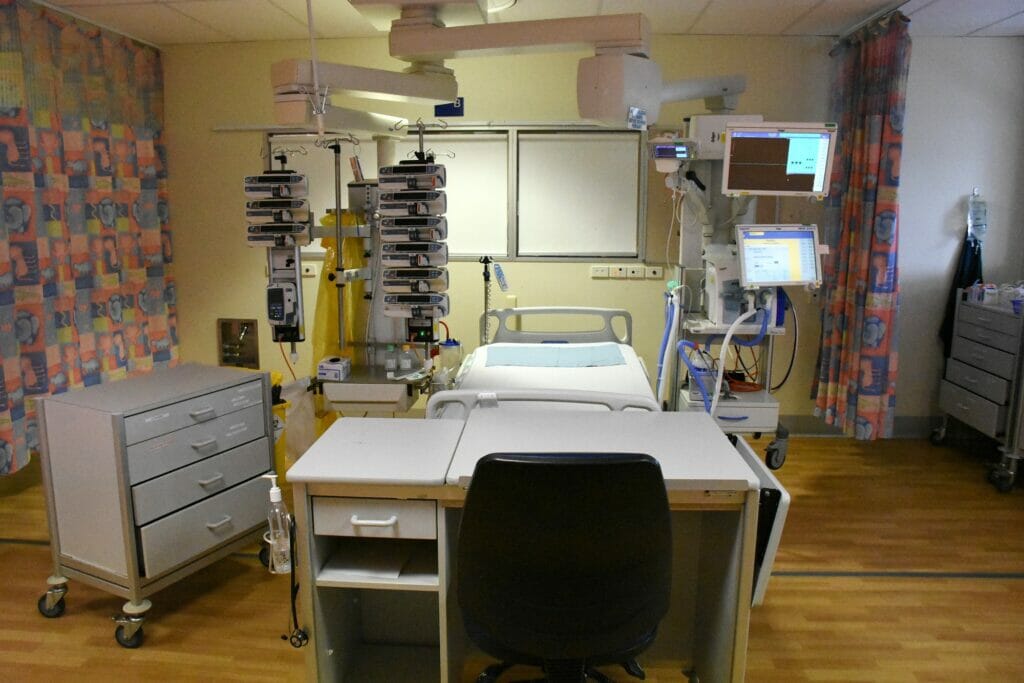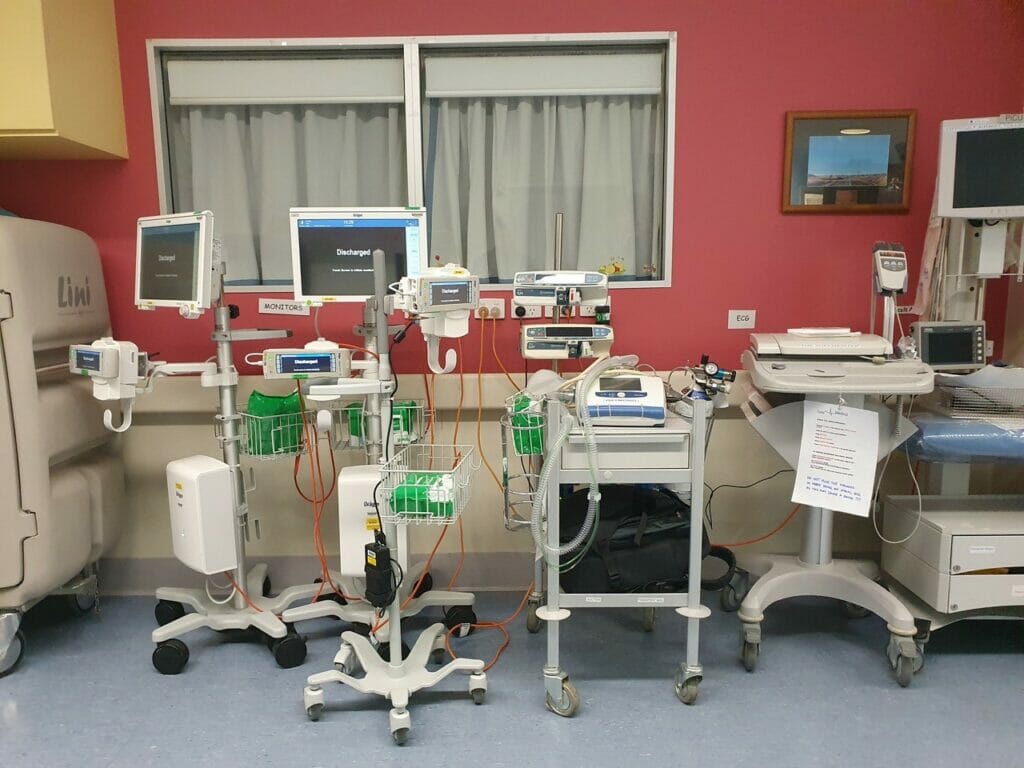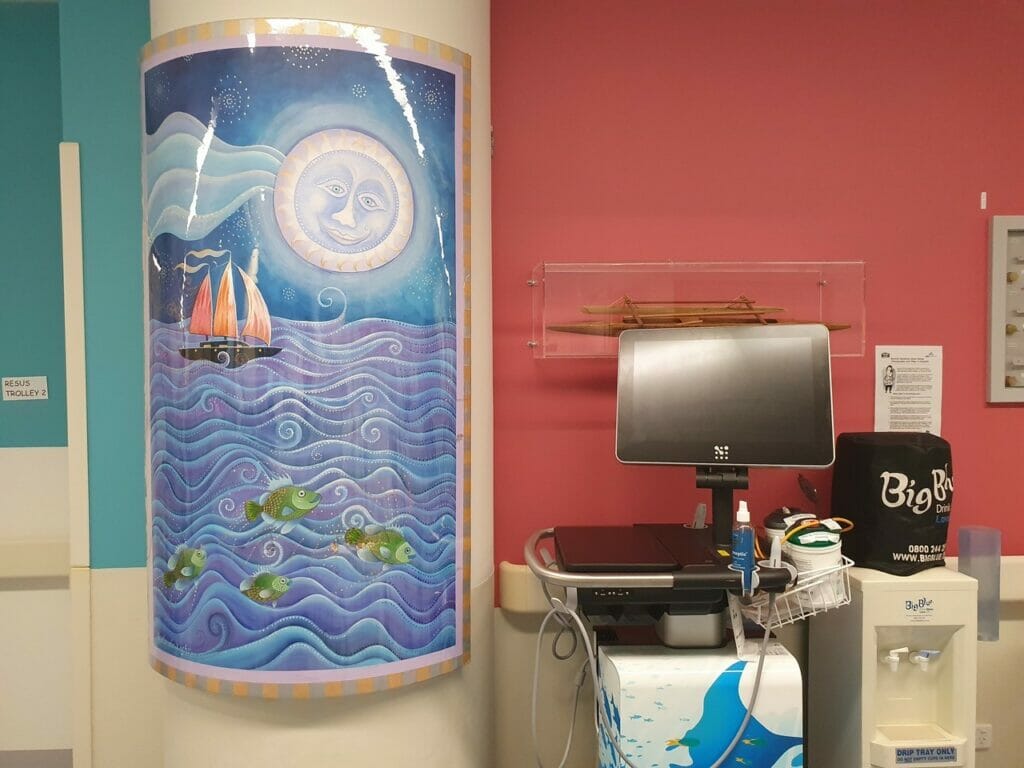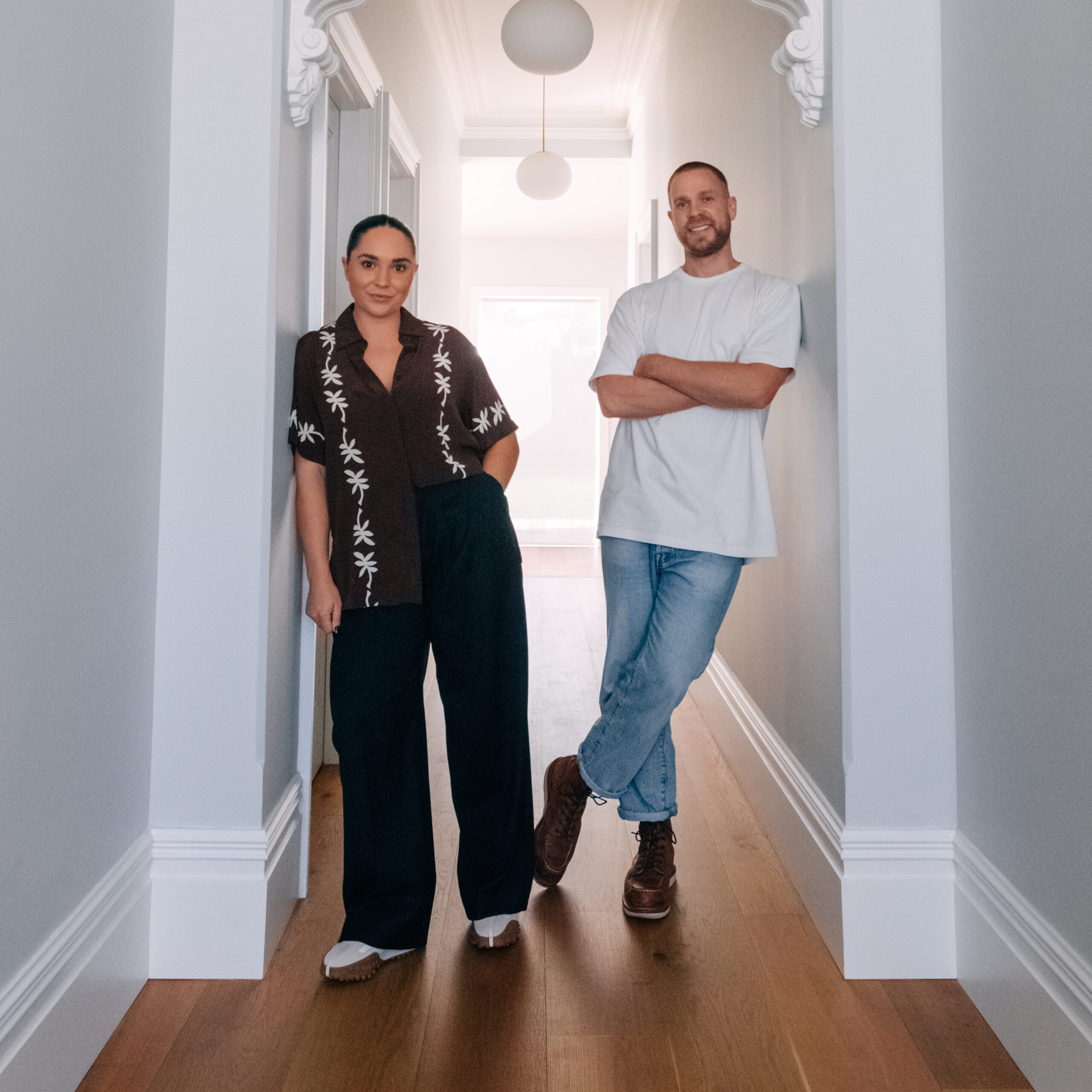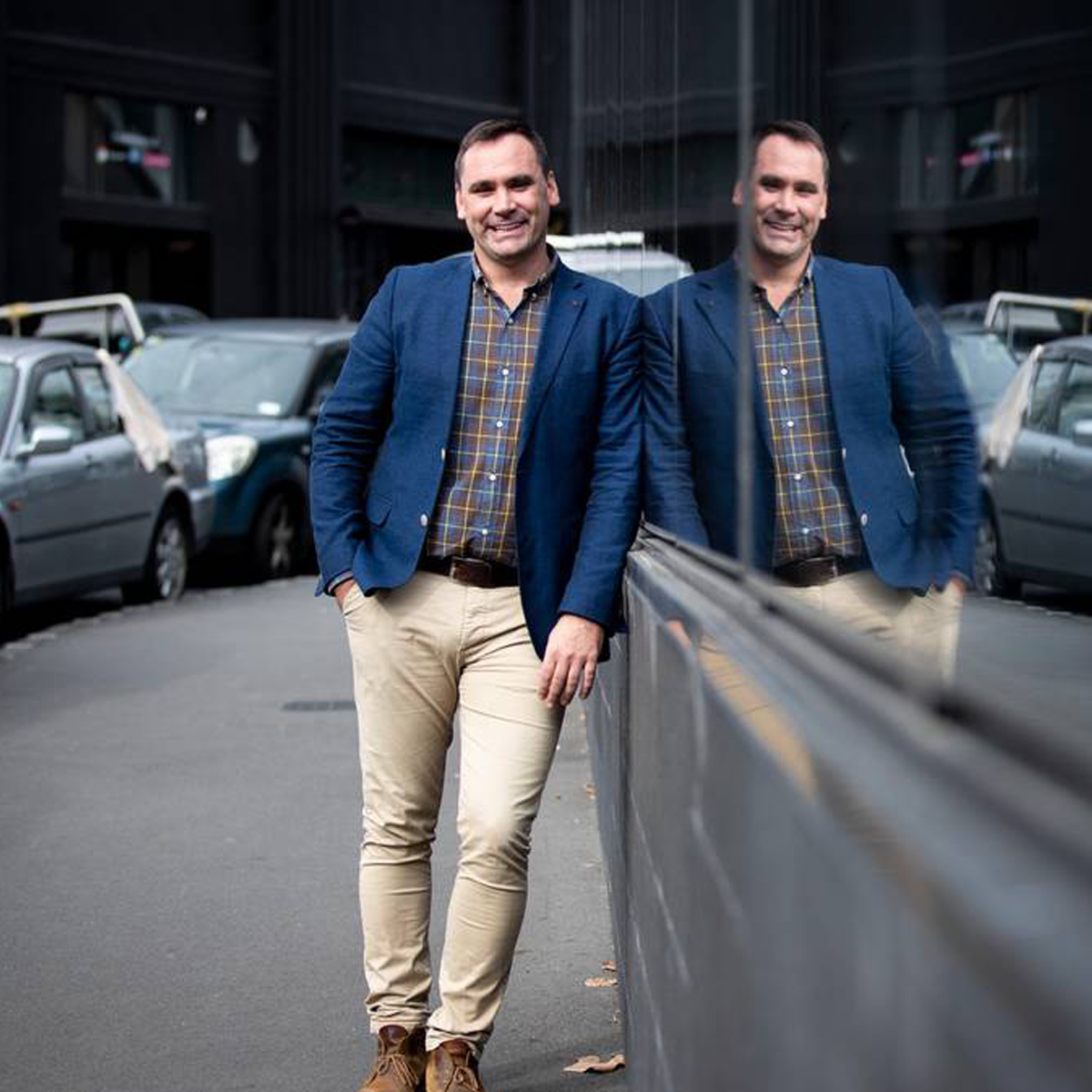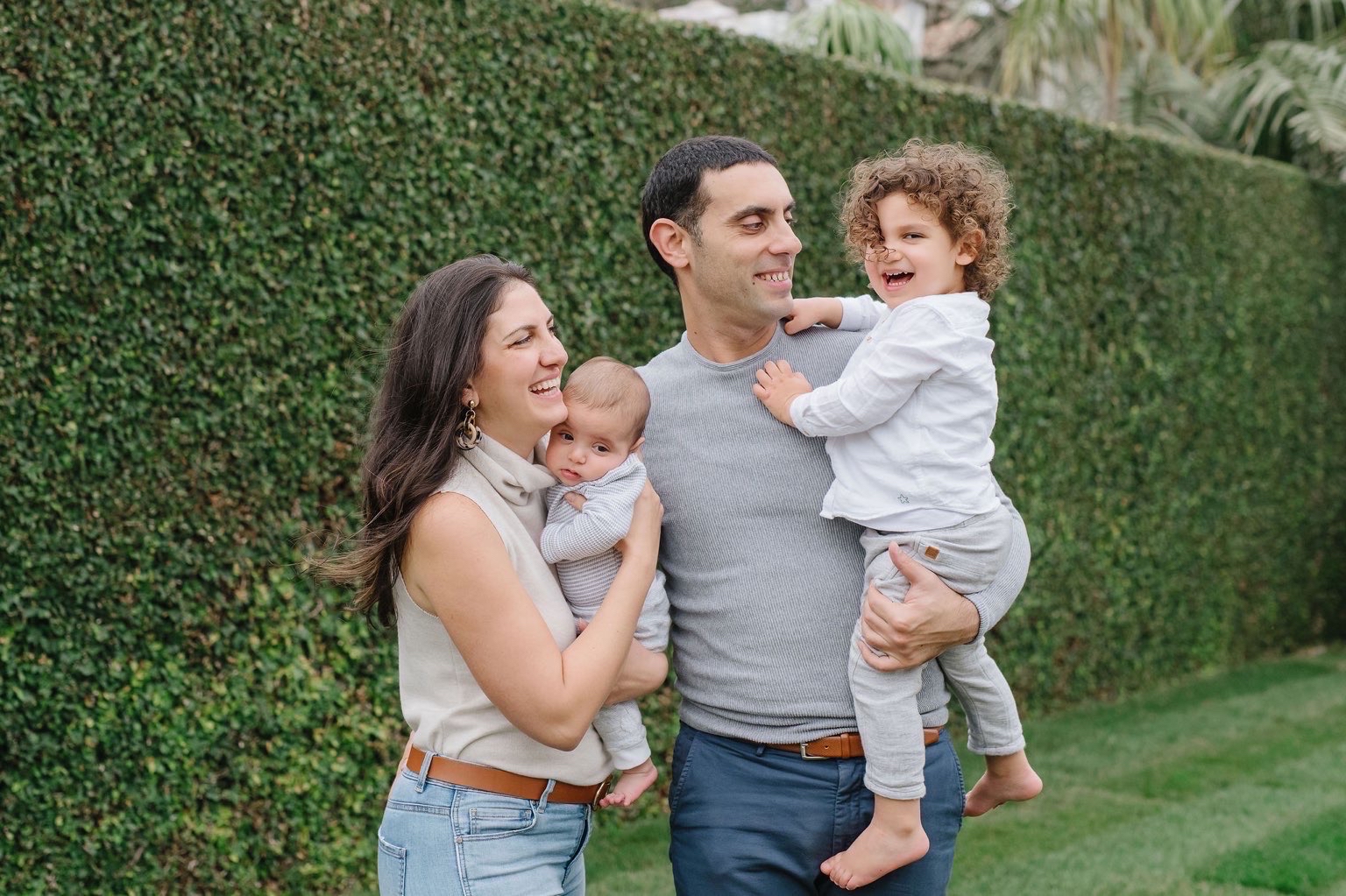A day in the life of a Starship Intensivist – get an unprecedented insight into the monumental impact of Starship’s ICU
Did you know that 1 – 2 cardiac operations occur every day in Starship?
Starship’s Paediatric Intensive Care Unit (PICU) is the only dedicated children’s intensive care unit in New Zealand, with half of PICU patients coming from outside of Auckland. Increases in New Zealand’s population as well as an increase in complexity of cases has seen the demand for PICU beds grow by 30% in the last 3 years.
The Starship Foundation has embarked on its greatest fundraising challenge yet to increase capacity by 10 more beds in time for next year’s winter.
Kea is proud to partner with the Starship Foundation, supporting their mission of delivering brighter futures through accelerating and sustaining world class healthcare for children in Aotearoa.
We encourage New Zealanders here and offshore to donate, no matter where you are in the world, you can help. Donate to the Starship ICU campaign to make a difference in the health outcomes for all of New Zealand’s children. Increasing capacity by 45% will enable Starship to provide life-saving care in world class facilities for years to come.
To understand first-hand the impact of the Starship ICU expansion, we spoke to Starship Intensivist Anusha Ganeshalingham who gives an insight into what it’s like working on the ground in PICU. She talks to the incredible work they do day-to-day and the impact your support could provide our most critically ill and injured children from across New Zealand in delivering the urgent specialist care they need.
What is PICU, and how does it differ from the normal operations of Starship?
PICU stands for the Paediatric Intensive Care Unit. We are the only dedicated intensive care unit for the country based at Starship hospital, meaning we provide a national service. Because there are no other paediatric intensive care facilities in New Zealand, we rely on our adult intensive care colleagues who are in other centres or district health boards. So if a child presented to the emergency department at Christchurch hospital, we would work together with the adult intensive care unit to stabilize the child and, depending on acuity, they would refer them to PICU. Each child that comes to PICU is admitted under another service so we are like a hub, interacting with all the different specialty services and expertise around the country.
What does a normal day look like for the staff at PICU?
Throughout the day, we review children multiple times a day during the ward round. We would start a normal day at 7:30 in the morning where we get a handover from the night registrars who have been on overnight – it’s a very brief run through the unit to talk about the status of the patients, and then we would go into the cardiac ward at around 8am.
We are the national centre for cardiac surgery so children who are born with a congenital heart problem and need surgery have to come to Auckland to have that procedure. So at least 1 – 2 cardiac operations are occurring everyday in Starship and those children are admitted to PICU for their post-operative care. At 8:00am the surgeons and cardiologists will visit our cardiac patients in the unit. Led by the intensivists the team make decisions on whether chest drains or breathing tubes can come out.
We then walk around the unit with the entire multidisciplinary team – that’s the PICU doctors on for the day, a dietician, a social worker, a pharmacist and we review each patient, examining them, checking their blood results, etc. Ultimately we come up with a plan for the day, and then we spend the day executing that plan.
As well as caring for the children in our unit, we may get a call from the wards to review children who are unwell or deteriorating or be available to advise doctors who are caring for unwell children from around the country. We may also need to organise transport to collect any critically ill child from anywhere in the country. No two days look the same, every day is different, and that’s what I really love about the job. You could come to work, and suddenly you can be on a plane down to Dunedin to pick up a very sick baby; it’s highly varied work.
Can you tell us about the different facilities that Starship and its patients will benefit from as a result of the expansion project?
Starship works to benefit all of New Zealand’s children, so when the wards reach full capacity and we don’t have the physical bed spaces, we sometimes are forced to squeeze in extra beds.
Expanding the wards will benefit both the children who are in the unit and their families. Having more bed spaces means we won’t have to worry about postponing surgeries and families can spend more time with their children. We allow parents to visit anytime of the day to see their babies, and sometimes they may want to sleep beside their child so we want to be able to accommodate for that as well.
We’re also hoping to redevelop the Whānau rooms. We can only really allow two visitors at the bedside at one time, but you can imagine some children have large extended families and there needs to be somewhere for them to go and be together. For example, we had a young child who was involved in a road traffic accident who had about 20 family members waiting in the unit all weekend. The purpose of redeveloping the Whānau rooms is to give families a place to rest, support each other and be together.
As part of the expansion, there’s also going to be an education centre for learning. Part of providing a world class facility is being able to attract people from international centres and if we can support their research and development then we’re more likely to retain staff.
So for every PICU bed that you’re hoping to increase with the expansion project there’ll be space for family members to also stay with their children?
There will be two extra bays which gives families more space around the child to come and go. There are newborn babies whose mothers haven’t had an opportunity to hold their new baby because they have been too unwell. As soon as they are stable enough, we would love to be able to allow some skin-to-skin time in a room with some privacy to nurture that bond between parent and child, even in the most trying of situations.
Our doctors need to have eyes on patients at all times so we can’t really draw curtains either, so the expanded unit is just going to give everybody a bit more room.
How will each of these improvements create a tangible difference in the lives of the Starship doctors and nurses?
I feel really privileged to work in a unit where people don’t watch the clock or think about the overtime pay. When we ask for extra staff they come in. Our staff are extremely dedicated and have the welfare of their patients as well as the wellbeing of their colleagues at the centre. I’ve had a busy on call where half the nurses didn’t leave at night time because it was so busy and they all stayed to help.
With the expansion it’s really going to release some pressure. We’ll be able to go ahead with surgery and it’s going to work a lot better for everybody.
Can you talk to the overarching impact these improvements will have on the health outcomes of Kiwi kids?
Over half of our children come from outside of Auckland. There’s a lot of work at the family level that goes into planning a trip to Starship for a child’s operation – the personal belongings that need to be packed, siblings that need to be looked after by other family members, or pets to think about. These are all these things that need to happen that we can’t quantify on a daily basis that are still real problems for families, all whilst they’re away from their support network. This expansion project will have a huge impact on the physical and psychological health of these families. The experience can be so much better if we can improve the space they’re in.
Why is the Starship Foundation so critical in this project?
We’re really lucky to have the Foundation on board. It’s a significant amount of money that they’re being asked to raise. This is undoubtedly the Foundation’s biggest fundraising challenge to date and they’ve done such a fantastic job already so we couldn’t do it without them. There just needs to be a dedicated team of people who see the need and are solely committed to this endeavour.
Starship is New Zealand’s national children’s hospital. Since 1992 the Starship Foundation has contributed more than $150 million into Starship, making a real difference to children across Aotearoa every day. The Foundation invests in impact programs designed to accelerate world class health care, creating brighter futures for our tamariki and their whānau.
The Starship Foundation are currently undertaking their largest fundraising challenge to date, looking to raise a total of $15 million to expand the Paediatric Intensive Care Unit.
Get involved and help make a difference for Kiwi kids and donate from wherever you are in the world www.starshipICU.org.nz
HOW KEA CAN HELP
Join
Join the Kea community, and stay connected to New Zealand, its people and businesses wherever you are in the world.
Kea Connect
Help Kiwi businesses explore their global potential through our worldwide community.

 MENU
MENU

